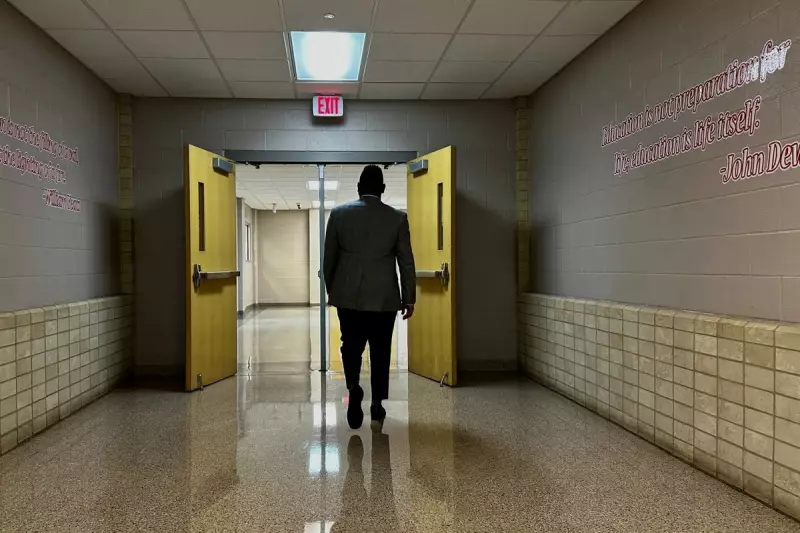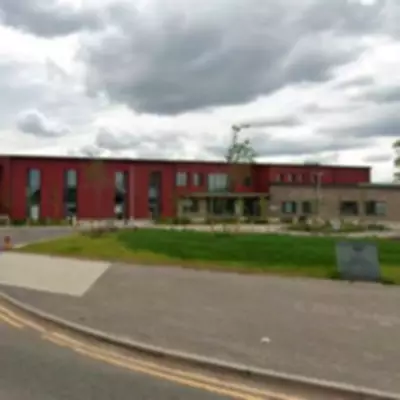
A shocking dismissal at a Louisiana charter school has ignited a fierce national debate on LGBTQ+ rights, religious freedom, and who controls language in the classroom. A teacher at Varnado High School was reportedly fired for the singular use of a gender-neutral pronoun, a move that has drawn condemnation from advocacy groups.
The Incident That Sparked a National Debate
The controversy centres on a teacher at the school, which is part of the Washington Parish School District. The educator allegedly used the pronoun 'they' to refer to a non-binary student during a class. School administration, reportedly citing its religious ethos, deemed this a violation of policy and terminated the teacher's contract.
This decision has propelled the small town of Varnado, Louisiana, into the forefront of a heated cultural conflict happening across the United States.
School's Stance: Upholding a 'Biblical Worldview'
In a statement, the school's administration defended its position, asserting its right to operate according to a "biblical worldview." They argued that the use of gender-neutral pronouns contradicts their religious beliefs and the values they are entrusted to teach.
The school's handbook reportedly emphasises teachings that align with its Christian foundation, which administrators believe this incident violated.
Backlash and Support: A Community Divided
The firing has been met with swift backlash from organisations like the American Civil Liberties Union (ACLU) of Louisiana. They have condemned the action as discriminatory and a potential violation of the teacher's rights, arguing that educators should be free to affirm their students' identities.
Conversely, the move has been applauded by some parents and community members who support the school's right to uphold its religious principles. They view the administration's decision as a necessary stand to protect their values from changing social norms.
The Larger Implications for Education
This incident is not isolated. It reflects a growing tension in American education, particularly in states with strong religious conservative movements. Legislatures in several southern states have introduced bills seeking to limit discussions on gender identity in schools.
The firing raises critical questions about the limits of religious freedom in publicly-chartered schools, the protection of LGBTQ+ students and staff, and the autonomy of teachers in their classrooms.





